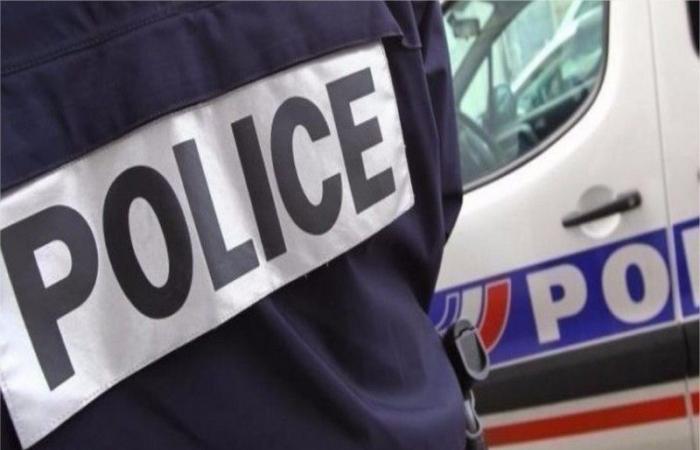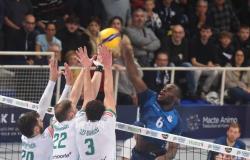
Despite repeated announcements and reinforced action plans, Saint-Nazaire remains stuck in a spiral of violence and trafficking. Behind these attempts at appeasement, one observation emerges: successive policies fail to resolve the problem at the root. The omnipresent culture of excuses, as well as the poor application of French law (but also the fear of any definitive measure targeting drug dealers) prevent any radical reform capable of stopping the rise in violence and trafficking in the port city. .
A reinforced action plan in the face of an alarming situation
On December 17, 2024, the authorities unveiled a security plan extended to sensitive areas of Saint-Nazaire. This initiative follows a series of violent episodes, including the assassination of a 19-year-old in the Bouletterie district in December. Since November, around ten police operations have been carried out, mobilizing nearly 100 agents and leading to ten arrests, including eight foreigners in an irregular situation (80% therefore…). However, these efforts are struggling to stem the phenomenon.
The prefect of Loire-Atlantique, Fabrice Rigoulet-Roze, presented this plan broken down into nine areas: strengthening patrols, securing squatted apartments, deporting foreigners in an irregular situation, and increased control of places where weapons are sold. While these measures demonstrate a desire to act, they do not address the root of the problem: the impunity of traffickers and the absence of profound reforms.
Ubiquitous tensions and trivialized violence
The violence in Saint-Nazaire is not limited to trafficking. Intimidation has even affected the sporting environment, as evidenced by an incident at the Saint-Marc football club, where young people armed with iron bars and a gun disrupted training sessions. These acts, symptomatic of the insecurity that reigns in certain neighborhoods, illustrate the inability of the authorities to guarantee a secure environment for residents.
In this context, score-settling, shootings and attacks are increasing. The assassination at La Bouletterie is only the visible part of an iceberg made up of drug and arms trafficking, fueled by deeply rooted networks that are difficult to dismantle.
While these announcements may seem promising, they do not mask the failure of the policies implemented in recent decades. The authorities insist on treating the symptoms without tackling the root causes: inaction in the face of trafficking, the weakness of the sentences imposed on criminals, and above all a culture of omnipresent excuses which prevents any deterrent measure (but also the excuse constantly given to users of hard drugs, and the absence of any real war waged against traffickers).
By refusing to clearly name responsibilities, by avoiding implementing exemplary sanctions, and by tolerating uncontrolled immigration, public authorities contribute to maintaining a harmful status quo. Deportations to the border remain rare, and judicial systems are often too lax to deter criminals.
Illustration : DR
[cc] Breizh-info.com, 2024 dispatches free to copy and distribute subject to mention of the original source





